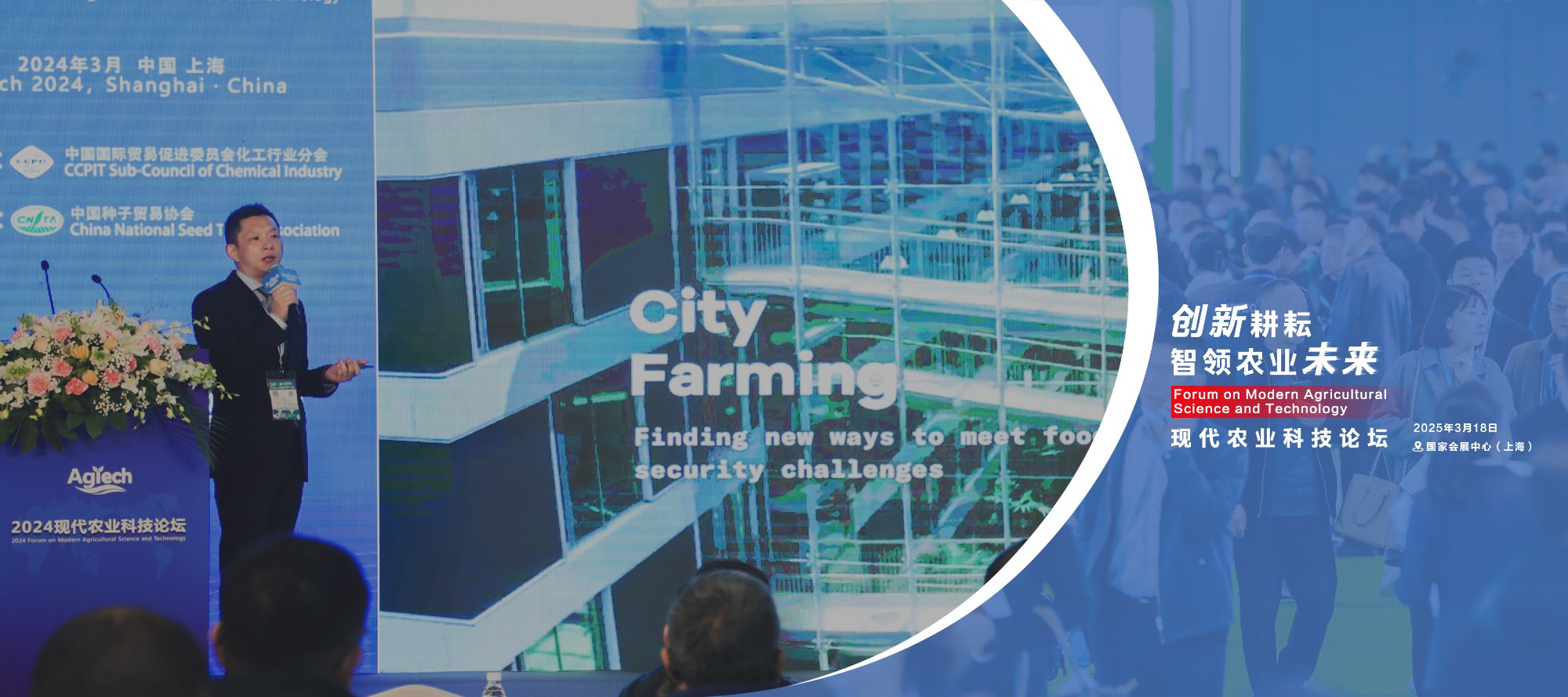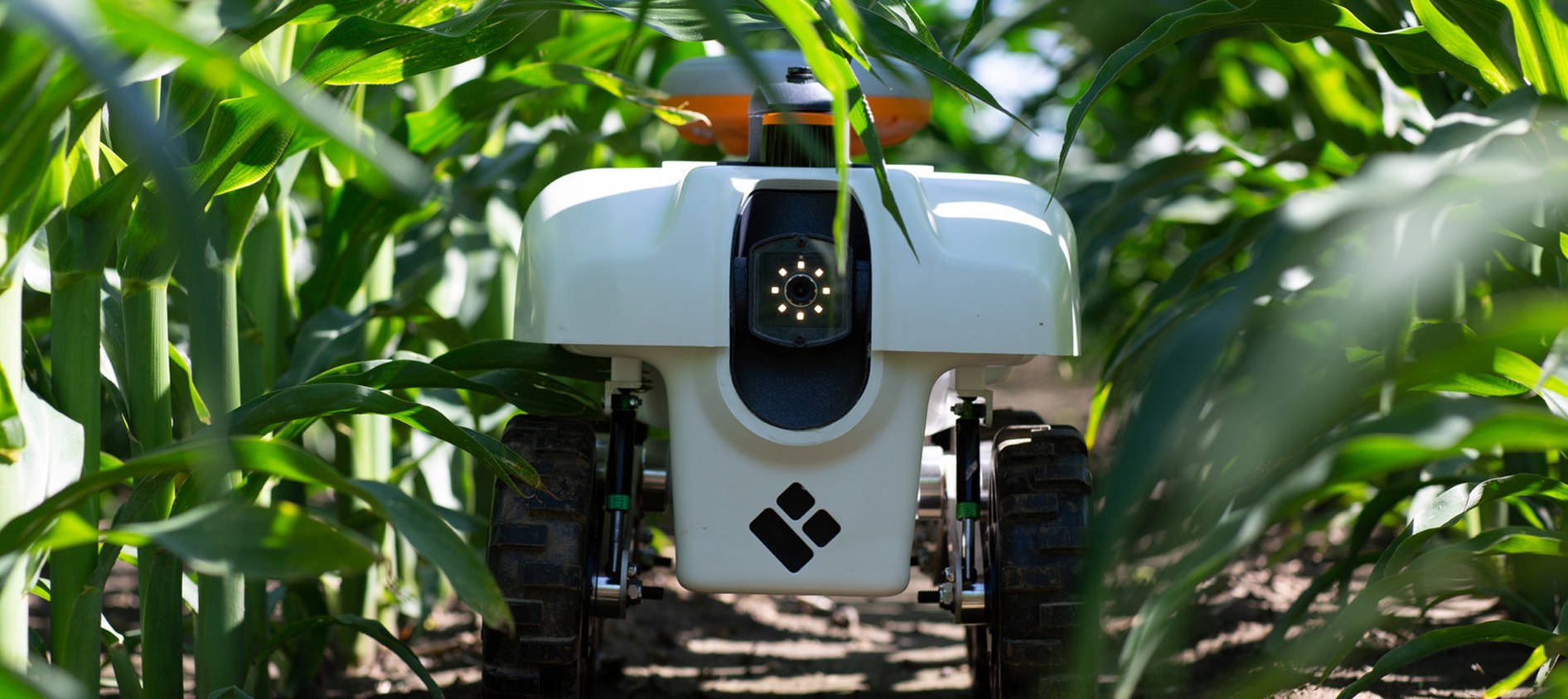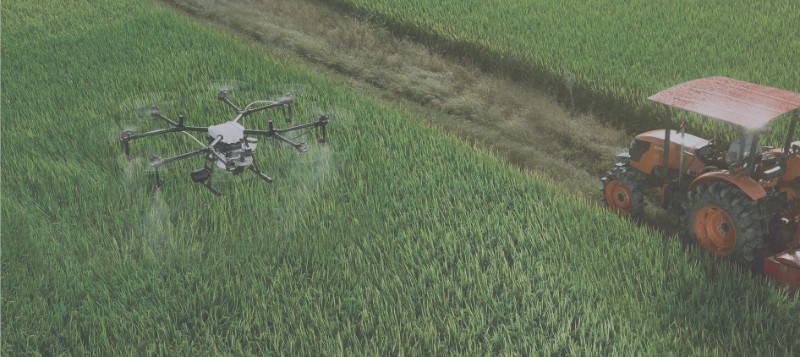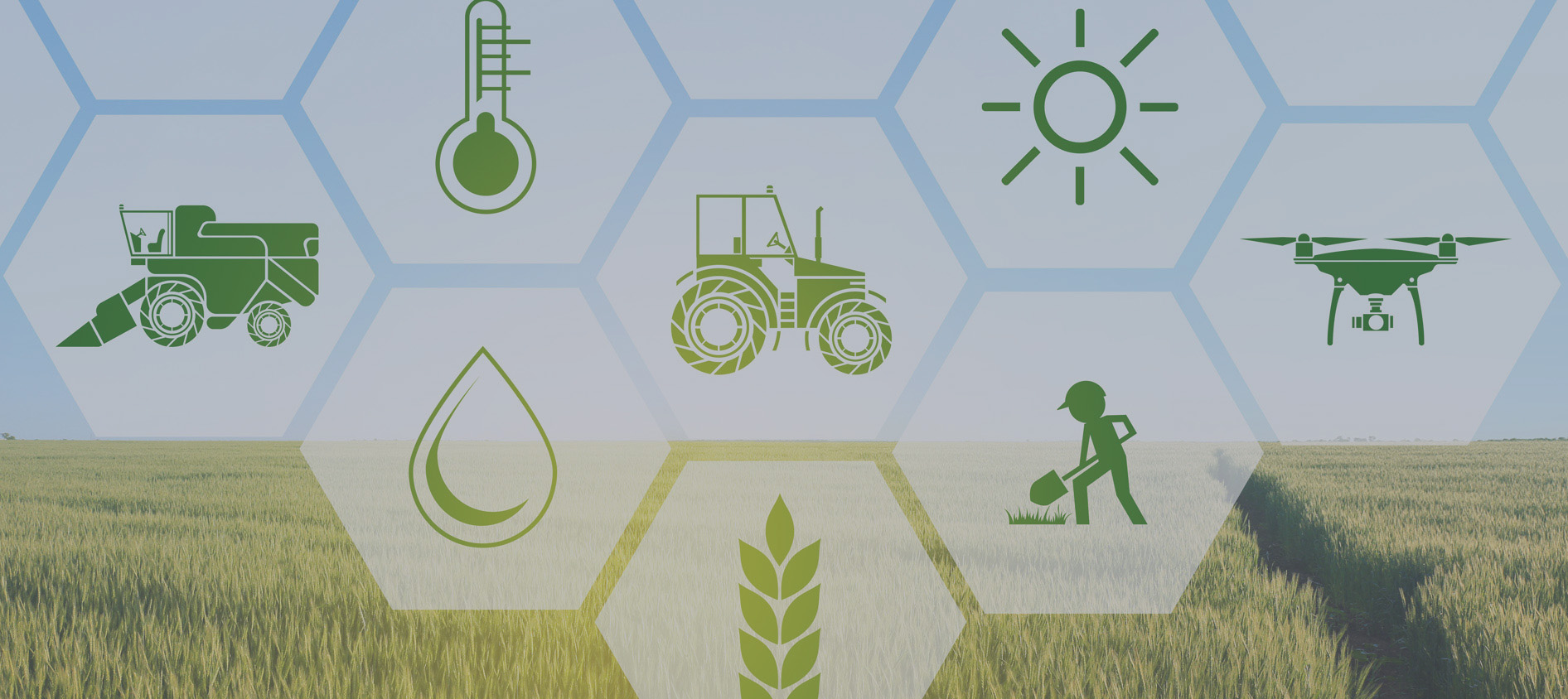Top 10 Agricultural Film Manufacturers: Innovators Shaping Sustainable Farming in 2025
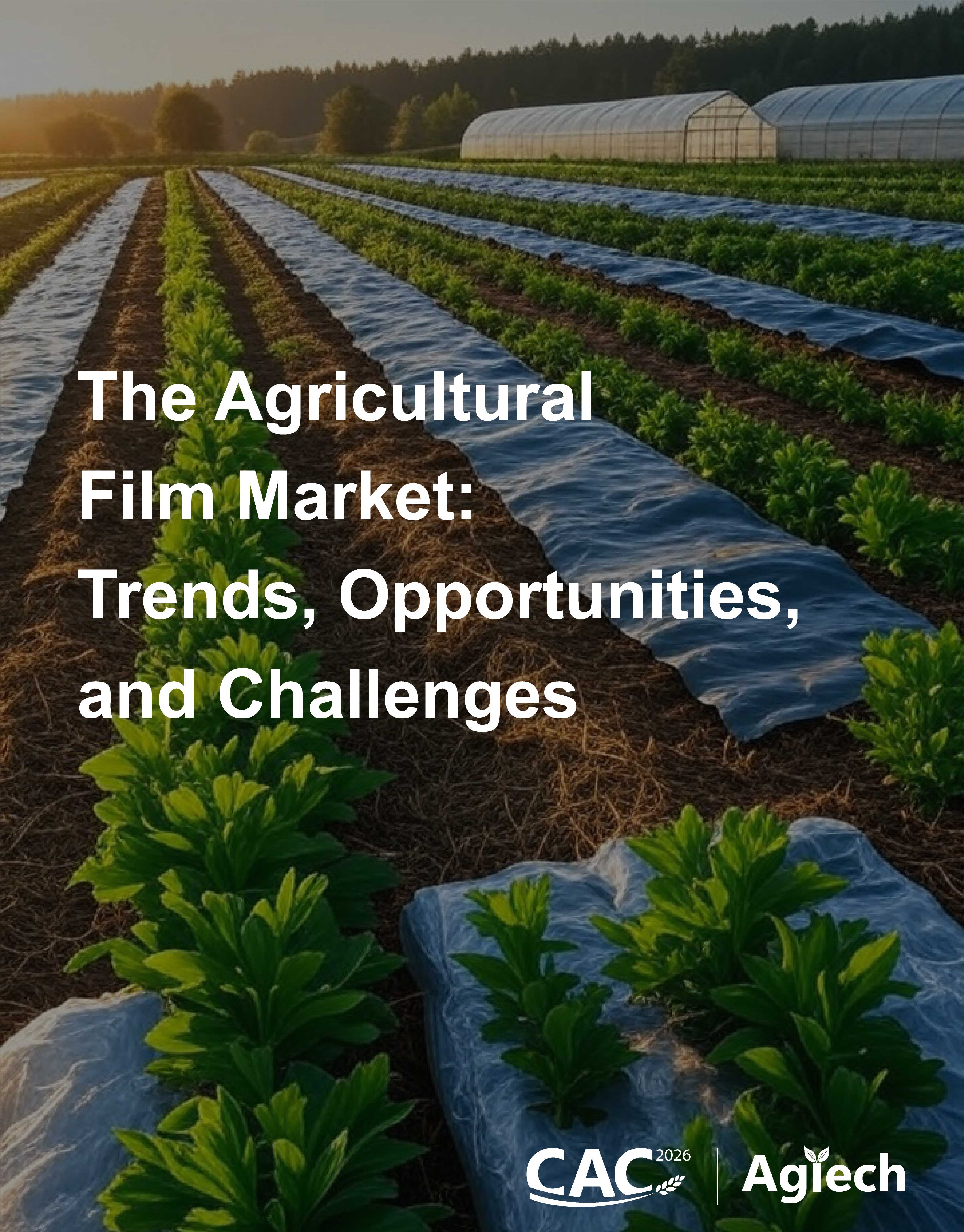
Introduction
In the ever-evolving world of agriculture, where climate challenges and sustainability demands are reshaping practices, agricultural films have emerged as indispensable tools. These versatile plastic coverings—ranging from mulch films that suppress weeds and retain soil moisture to greenhouse films that extend growing seasons and silage wraps that preserve forage—are revolutionizing crop production worldwide. The global agricultural films market is projected to reach USD 13.30 billion in 2025, growing at a compound annual growth rate (CAGR) of 6.40% to USD 18.14 billion by 2030, driven by rising food security needs and eco-friendly innovations. As farmers seek durable, biodegradable alternatives to traditional plastics, leading manufacturers are at the forefront, blending advanced materials science with environmental stewardship. This article spotlights the top 10 agricultural film manufacturers, ranked by market share, innovation, and global influence as of 2025.
1. Berry Global Inc.
Headquartered in Evansville, Indiana, USA, Berry Global is a powerhouse in flexible packaging and agricultural solutions, commanding a significant slice of the North American market. The company specializes in polyethylene-based mulch and silage films that enhance crop yields while minimizing waste. Berry's innovations include recyclable stretch films for bale wrapping, which reduce plastic usage by up to 20%. With a focus on circular economy principles, Berry reported over USD 1 billion in agricultural film revenues in 2024, solidifying its leadership in sustainable plasticulture.
2. BASF SE
The German chemical giant BASF, based in Ludwigshafen, extends its expertise in polymers to agriculture through its ecovio® biopolymer line. Certified soil-biodegradable under EN17033, BASF's mulch films break down naturally after use, addressing microplastic concerns in soil. These films are particularly popular in Europe and Asia, where regulations favor eco-friendly options. BASF's agricultural films portfolio also includes greenhouse covers with UV stabilizers, contributing to a 15% yield boost in controlled environments. As a top player, BASF's R&D investments ensure it meets the demands of precision farming.
3. Armando Alvarez Group
Spain's Armando Alvarez Group, with operations across Europe and Latin America, excels in high-performance agricultural plastics under brands like Solplast. Known for customizable mulch films that incorporate anti-condensation and anti-drip features, the group serves over 100 countries. Their biodegradable options, developed in response to EU plastic directives, decompose within 6-12 months. In 2025, Armando Alvarez expanded its production capacity by 25% to meet surging demand in emerging markets, underscoring its role as a key innovator in greenhouse and row-cover films.
4. RKW Group
Based in Wachem, Germany, RKW Group is a specialist in technical films, offering a broad range of agricultural products like silage stretch films and fumigation covers. RKW's AgriStretch line features high-tear resistance, ideal for harsh weather conditions, and incorporates recycled content to promote sustainability. The company holds a strong position in the European market, with exports to Asia-Pacific driving 10% annual growth. RKW's commitment to lightweight films reduces transportation emissions, making it a go-to for cost-conscious farmers aiming for higher efficiency.
5. Plastika Kritis SA
This Greek manufacturer, part of the Intracom Holdings, dominates the Mediterranean agricultural sector with its Krikos® and Green-Tek® brands. Plastika Kritis produces co-extruded greenhouse films with advanced light diffusion for optimal photosynthesis, as well as biodegradable mulches tailored for vegetable crops. In 2025, the company invested in AI-driven quality control to enhance film durability. With a market share exceeding 15% in Southern Europe, Plastika Kritis is pivotal in supporting smallholder farmers through affordable, high-yield solutions.
6. Dow Inc.
The U.S.-based Dow Inc., headquartered in Midland, Michigan, leverages its materials science prowess to deliver polyethylene resins for agricultural films. Dow's Attane™ resins enable ultra-flexible silage wraps that conform to irregular bale shapes, preventing spoilage and nutrient loss. Collaborations with agricultural institutes have led to films that improve forage quality by 25%. As a supplier to many OEMs, Dow's influence spans North America and Asia, where its sustainable formulations align with global bans on single-use plastics.
7. Coveris
An Austrian packaging leader, Coveris focuses on eco-innovations like the Unterland R stretch film, made with 30% recycled agricultural waste. Their portfolio includes silage films and mulch options that reduce herbicide needs by suppressing weeds effectively. Coveris's ERDE recycling program closes the loop on post-consumer films, earning accolades for circularity. In 2025, the company targets expansion in the U.S. market, where demand for biodegradable alternatives is booming, positioning it as a sustainability champion.
8. Rani Group
Finland's Rani Group, through its Rani Plast subsidiary, specializes in bale wraps and silage films using premium LLDPE materials. Their NetWrap alternatives and stretch films offer superior puncture resistance, essential for mechanized farming. Rani's products are widely used in Nordic and Baltic regions for hay preservation, with innovations like UV-protected films extending outdoor durability. With a CAGR of 7% in recent years, Rani Group is carving a niche in high-latitude agriculture, where harsh winters demand robust solutions.
9. Groupe Barbier
This French firm, part of the Novplast Group, emphasizes recycled and bio-based films for mulch and greenhouse applications. Groupe Barbier's eco-friendly designs utilize post-consumer agricultural waste, complying with stringent French environmental standards. Their lightweight greenhouse films reduce energy costs for heating by improving insulation. In 2025, the group launched a line of oxo-biodegradable mulches for organic farming, boosting its presence in the EU market and appealing to sustainability-focused growers.
10. Imaflex Inc.
Rounding out the list is Canada's Imaflex Inc., a Montreal-based innovator in North American agriculture. Pioneers of metalized mulch films since 2003, Imaflex's products lower soil temperatures and deter insects without chemicals, aligning with integrated pest management. Their biodegradable experiments and thinner solarization films maintain mechanical strength while cutting material use. Awarded for sustainable practices, Imaflex serves diverse crops from berries to vegetables, with exports growing amid U.S. demand for resilient films.
Conclusion
These top 10 agricultural film manufacturers are not just suppliers; they are partners in global food production, navigating challenges like raw material volatility and plastic regulations with cutting-edge biodegradable and recyclable technologies. As the market surges toward USD 19.5 billion by 2029, their focus on innovation— from BASF's soil-safe polymers to Coveris's recycled wraps—promises a greener future for farming. For farmers and agribusinesses, choosing the right manufacturer means balancing yield gains with environmental responsibility, ensuring agriculture thrives for generations to come.




